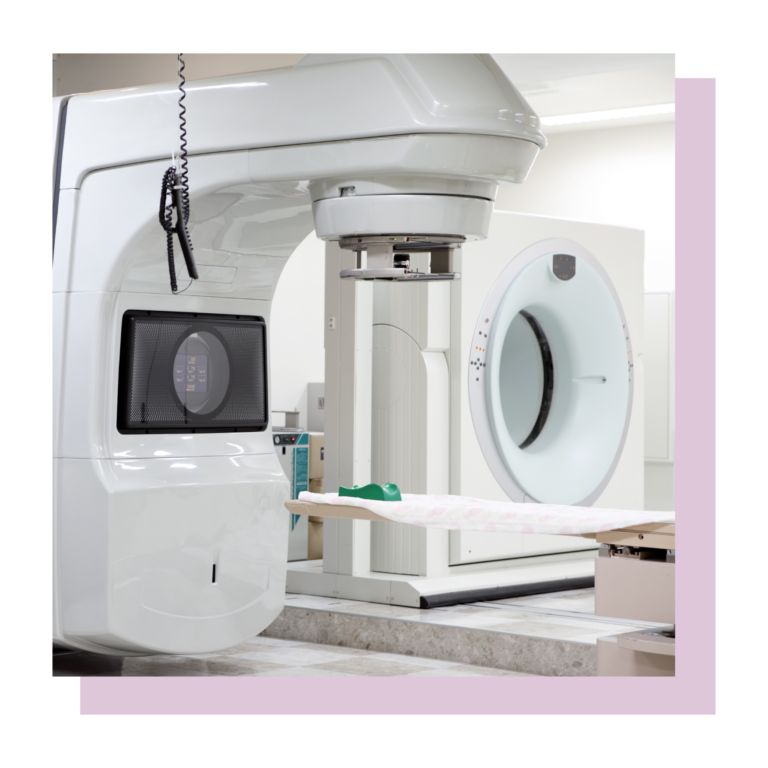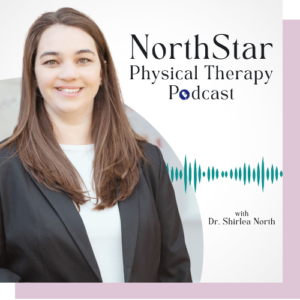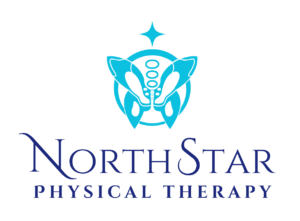Pelvic Floor Dysfunction & Breast Cancer:
Pelvic Health Advocacy
By: Dr. Shirlea North, PT, GCS, CLT

Holistic treatment isn’t just about utilizing alternative medicine and techniques, I feel it is more comprehensively assessing and creating a complete plan of care that addresses all the client’s concerns and functional limitations. Breast Cancer doesn’t just affect the breasts, but the entire person including pelvic health. Over 3 million women have a history of breast cancer, the largest proportion of cancer survivors, and the most common cancer in women, regardless of race or ethnicity with over 77% survivors qualified having sexual dysfunction as per female sexual function index (FSFI).1 Sexual functioning and satisfaction were ranked 3rd most frequently reported concern, but less than 50% receive proper medical care. Recent literature reported that women with breast cancer may experience pelvic floor dysfunction including urinary incontinence, fecal incontinence, and sexual dysfunction after receiving breast cancer treatment.2
Now the Diagnostic and Statistical Manual (DSM-V) defines sexual health as three entities (disorders of sexual interest and arousal, difficulty with orgasm, and disorders associated with genito-pelvic pain/penetration). Presence of any of these as not just a “nuisance” but as a disorder that that presence lasts at least 6 months, is self-reported and clinically significant distress, and not explained by non-sexual condition or secondary to substance or medication use, severe relationship distress. As a pelvic floor physical therapist, I will it is my professional obligation and responsibility to adequately educate and sympathize with the client that these are true symptoms and can be treated within pelvic floor scope of practice and we are an advocate to their pelvic health.
The common adjuvant treatment options for those that have breast cancer are radiation therapy, chemotherapy, and endocrine therapy, however they all have their side effects within sexual and pelvic health. Pelvic floor symptoms appear to be more severe in women with breast cancer than postmenopausal women without breast cancer due to prolonged and higher degree of hypoestrogenism caused by breast cancer treatments compared to natural menopause, at least 25% experience new or worsened UI within 3 months receiving neoadjuvant chemotherapy.2 Radiation therapy can result in regional issues, including persistent breast pain, arm and shoulder discomfort, loss of flexibility and possible lymphedema development which are associated with sexual function, well-being, and breast satisfaction.1 Chemotherapy in those not yet menopausal can induce ovarian failure and early menopausal onset which can alter vaginal tissue health and associated sexual dysfunction, reduce interest, arousal and desire which can persist at least 1 year after completion of treatment.1 Endocrine therapy, especially aromatase inhibitors (AI) for those who are post-menopausal report approximately 50% have sexual complaints (reduced interest/desire, insufficient lubrication, and dyspareunia) and approximately 30-40% that are on tamoxifen. Even that adherent to medications for the 1st 2 years of treatment, up to 93% met criteria for sexual dysfunction as per FSFI.1

This is where the medical community can do a much better job in education, communication, and advocacy within a holistic and comprehensive approach to pelvic health, sexual issues with those clients being treated for breast cancer. Discussions of sexuality necessitates for a proper doctor-patient relationship relies on open communication, medical understanding, and education, especially the difference between physical sexual activity and how intimacy that is highly valued. Research recommends multimodal treatment of pelvic floor muscle exercises, vagina moisturizer and lubricant as needed during sexual activity. Cognitive behavioral therapy (CBT) can help to address sexual health, body image, sexuality, and mood.1 But all of this starts with healthcare professionals providing an environment for their client filled with open and non-judgmental communication, and a holistic approach to truly provide client-centered care and optimize their health and quality of life.
Resources:
- Boswell, EN and Dizon, D. “Breast cancer and sexual function.” Transl Androl Urol 2015;4(2):160-168.
- Colombage, UN, et al. “Experiences of pelvic floor dysfunction and treatment in women with breast cancer: a qualitative study.” Supportive Care in Cancer 2022;30:8139-8149.

Northstar Podcast
Follow me on my podcast, NorthStar Physical Therapy for quick, realistic and down-to-earth education and evidence based medical information on lymphatic conditions, lipedema, pelvic health conditions and chronic and progressive neurological conditions like Parkinson’s, stroke and Multiple Sclerosis.






